In recent months, environmental laws in Brazil have come under scrutiny, leading to significant legal battles. On January 31, 2025, Governor Romeu Zema of Minas Gerais revoked a controversial decree restricting consultations with traditional communities about environmental licensing. This decision followed pressure from various organizations and a ruling by Minister Dino of the Supreme Federal Court (STF).
- Dino suspended a decree restricting consultations.
- Zema revoked the controversial environmental decree.
- STF challenged multiple state environmental laws.
- Legal actions initiated by public and private entities.
- Judicial reversals highlight legislative oversight issues.
- Mato Grosso faces multiple environmental law challenges.
Brazil’s Environmental Laws Face Legal Challenges Amid Growing Concerns
Why are states like Minas Gerais and Mato Grosso pushing controversial environmental laws? Recent court decisions highlight the tension between development and environmental protection. The STF’s rulings are crucial for safeguarding the rights of indigenous and traditional communities affected by these laws.
Impact of STF Rulings on Environmental Governance in Brazil
The STF has been actively overturning laws that weaken environmental protections. Recent cases include:
- Revocation of a decree limiting consultations with indigenous peoples in Minas Gerais.
- Challenges to laws in Rio Grande do Sul and Rondônia that ease environmental licensing.
- Legal actions initiated by NGOs and political parties to uphold environmental rights.
Key Takeaways from Recent Environmental Law Developments
Several states are facing legal scrutiny over their environmental policies. In Mato Grosso, for instance, four laws have been challenged since early 2024, including measures that:
- Restrict environmental licensing for certain activities.
- Facilitate mining in protected areas.
- Expand cattle ranching in ecologically sensitive regions.
The Role of NGOs in Environmental Advocacy
Organizations like the Instituto Centro de Vida are crucial in challenging these laws. They argue that legal action is necessary in states where environmentalists are outnumbered in legislative assemblies. This raises questions about the effectiveness of legal counsel for lawmakers and their commitment to sustainable practices.
As Brazil navigates these complex legal challenges, the outcomes will have far-reaching implications for environmental governance both locally and globally. Will these rulings inspire similar actions in other countries? Only time will tell.



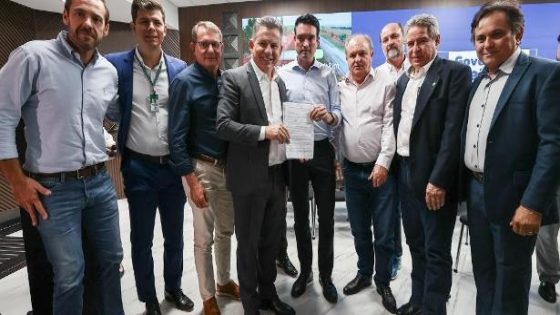


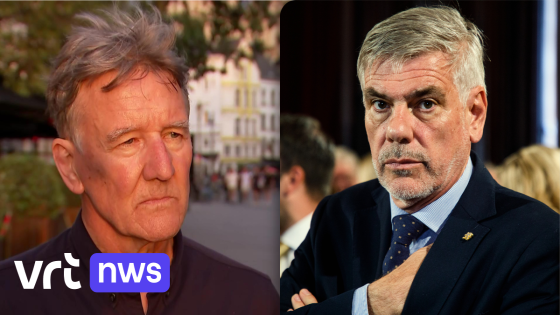
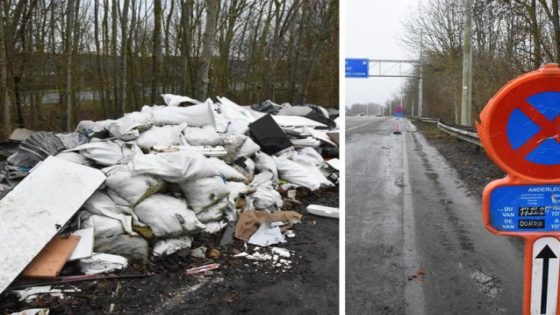

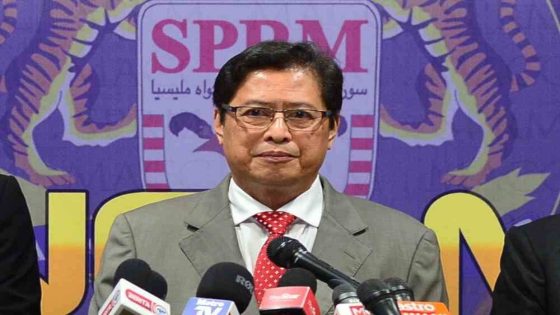

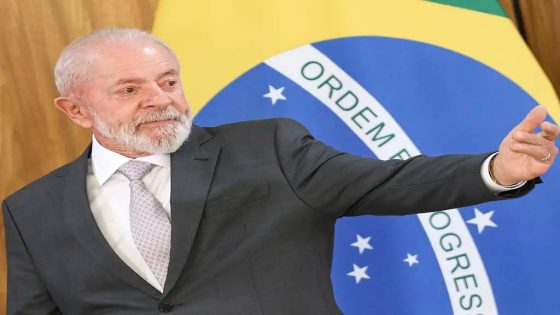


















![Will Avalanche [AVAX] Plunge Further? Bears Set Sights on $14.5 Support!](https://news.faharas.net/wp-content/uploads/2025/03/Will-Avalanche-AVAX-Plunge-Further-Bears-Set-Sights-on-145.webp.webp)


